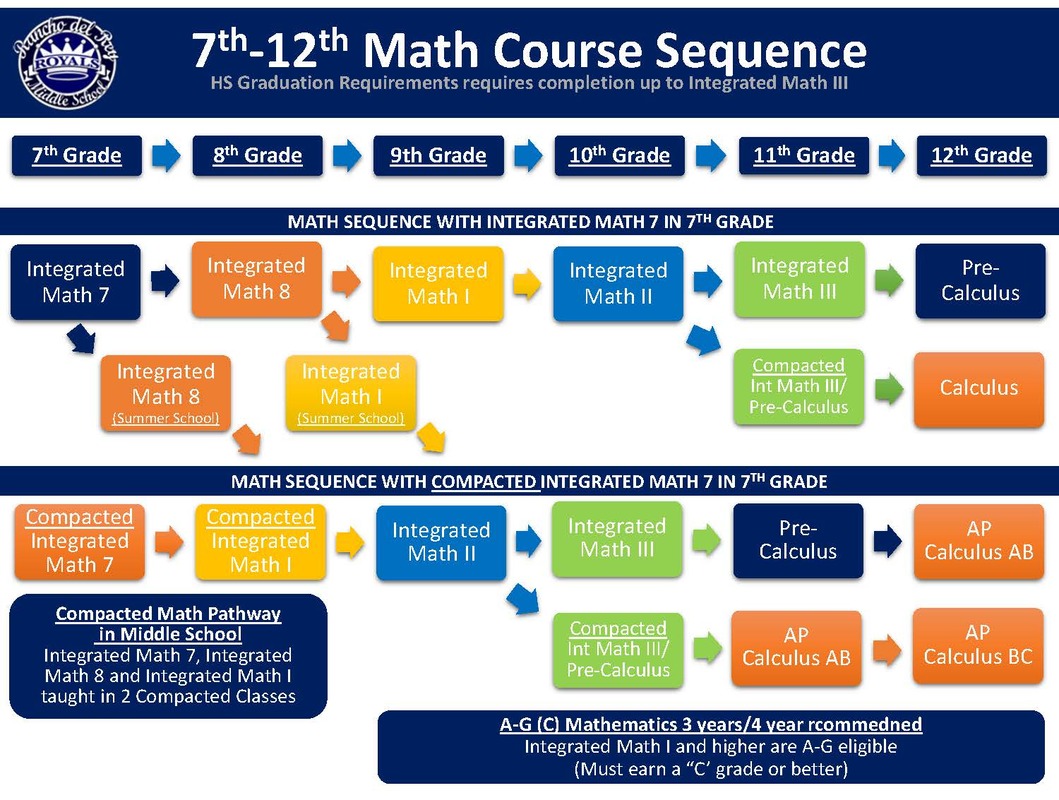Math in the US
Anonymous
Ding dong - did you open the second link? 
Integrated math can be compacted, just like any other sequence. |
Anonymous
You’re just persisting in ignorance. |
Anonymous
Are you really trying to argue that integrated math (in MS or HS) can’t be compacted? Cuz people are already doing it. 
|
Anonymous
Really, so any math sequence can be compacted? The regular math sequence is Algebra 1, Geometry, Algebra 2, Precalculus, Calculus, Linear Algebra and Differential Equations, and you might add along the line Statistics and Discrete Math. You don’t see this sequence compacted especially for the higher level classes unless the class is useless like compacted Algebra 2 and Precalculus or if it’s a magnet high school like Blair Functions but even then the kids come with Algebra 2 done plus a ton of enrichment. You seem to be more familiar with elementary and middle school compaction classes. It’s done because those classes move very slowly and there’s a lot of repetition, high school math is different. |
Anonymous
Yes, exactly. Here is why: Hidden within these progressive approaches to math is always the DEI agenda. Specifically “equity of outcome.” That means: everyone has to arrive at the same place and no one should be ahead of anyone else. The easiest way to accomplish the “equity of outcome” goal is: lower the bar. So that is what DEI departments in school districts across the country have been doing. |
Anonymous
Thanks for proving my point. Yes, some schools do in fact compact HS-level math. One of my kids is in a compacted path right now. I am plenty aware. 
Any sequence can be accelerated. Look at AB vs. BC -- BC is compacted. Maybe you are stuck on the language? Compacted just means accelerated. They cover more content in less time. Capiche? |
Anonymous
OMGERD DEI!!! SO SCARY!! AND REAL!!!! Sounds like your issue is really the DEI boogeyman, not actually the progression of math content. |
Anonymous
When you have kids in school, you'll understand. |
Anonymous
RSM especially, and also AoPS, will reach algebra 1/2 and Geometry concurrently for first exposure classes. RSM will do it for both the basic track and the enrichment track. (AoPS only has one track.) |
Anonymous
You're confused. "algebra, statistics, trigonometry, geometry, or any particular type of math." is an artificial invention that hampers learning. Real math blends these all together. Look at a college course catalog, and you'll see classes with names like Algebraic Geometry Differential Geometry Geometric Algebra Linear Algebra |
Anonymous
UK is essentially the same. A-Level is their version of AP. It's not the standard for every student. |
Anonymous
IM I is compacted with middle school math, as IM 3 is compacted with Precalculus. That leaves only IM 2 not compacted. Yes, they recommend 2-year Calculus as standard, but they also document Calc BC as an option for juniors. Considering how most students retake calculus in college currently, the slower pace replacing the fake learning of Calc BC isn't a step backward. 
|
Anonymous
In other countries, students from the top track high schools don't have to retake calculus and linear algebra in university after doing a shoddy imitation in high school. |
Anonymous
I would call these blending. Algebraic geometry shows you that algebraic solutions are equivalent to geometric solutions. Different mathematical methods that arrive at the same answer. Differental geometry isn't exactly geometry in the traditional "you can draw it" sense. It's how to handle multidimensional spaces with calculus. Geometric algebra is an abstract algebra. There's no geometry except for vector spaces. Linear algebra extends algebra from a single variable to matrices. It's another level of algebra and not a combination of things. |
Anonymous
Sorry , I would NOT call... |
